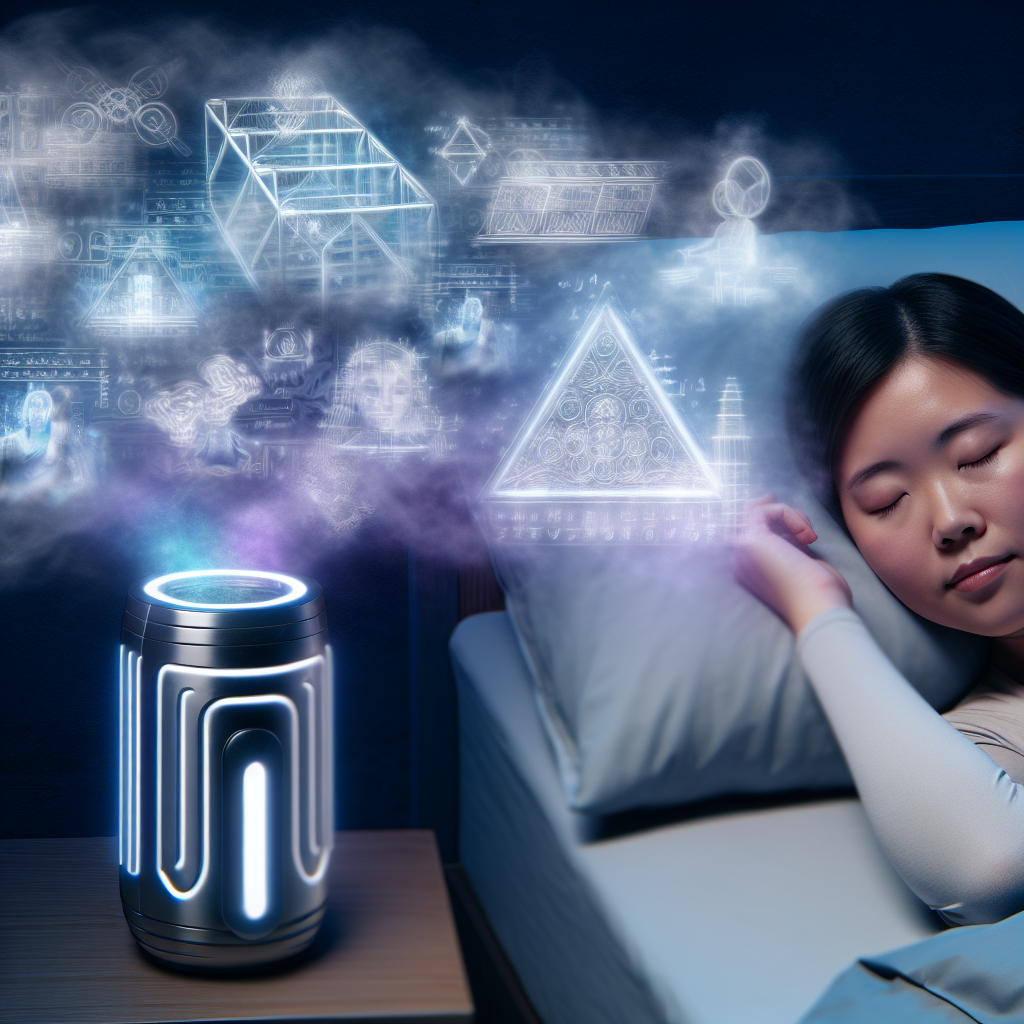The Challenge of College Sleep Habits
College life is a vibrant tapestry of academic challenges, social engagements, and personal exploration. For many students, this whirlwind experience often leads to neglecting one crucial aspect of well-being: sleep. The demanding balance of coursework and extracurricular activities, and the allure of late-night gatherings may result in erratic sleep schedules, leaving students sleep-deprived and underperforming.
The Essential Value of Sleep for Students
Yet, the value of sleep cannot be overstated. Sleep is not a passive activity; it is an active and restorative process essential for cognitive function, emotional health, and physical well-being. During sleep, the brain consolidates memories, enhances learning, and recalibrates its ability to manage stress. The National Sleep Foundation recommends that young adults aged 18-25 aim for 7-9 hours of sleep each night, but surveys indicate that most college students fall short of this benchmark. A 2015 report by Hirshkowitz et al. emphasized the long-term repercussions of inadequate sleep, including impaired academic performance, increased susceptibility to illnesses, and heightened risks of mental health issues.
The Article’s Purpose and Scope
This article explores the critical role of sleep in academic success and overall health. It also provides actionable strategies for optimizing sleep schedules, backed by scientific research and practical insights. By prioritizing sleep, college students can unlock their full potential and enhance their overall college experience.
Understanding Sleep Science in College
The importance of sleep extends far beyond avoiding fatigue; it profoundly influences a student’s cognitive and emotional well-being. A lack of quality sleep can impair the prefrontal cortex, which governs executive functions such as decision-making, attention, and impulse control. This directly affects a student’s ability to concentrate, solve problems, and retain information—all critical for academic success.
Research Evidence and Studies
Numerous studies have linked sleep deprivation to poorer academic outcomes. For example, a meta-analysis published in Nature Reviews Neuroscience highlighted that sleep-deprived individuals exhibit reduced neural plasticity, which hinders their ability to learn new information and adapt to complex tasks (Tononi & Cirelli, 2014). Moreover, sleep deprivation affects the amygdala, the brain’s emotional center, making individuals more prone to anxiety and mood swings.
The Role of Circadian Rhythms
Circadian rhythms, the body’s internal clock, also play a pivotal role in regulating sleep. College students often experience a delayed sleep phase due to hormonal changes and lifestyle factors, leading to later bedtimes and misalignment with early morning schedules. A study by Wittmann et al. (2006) found that irregular sleep patterns exacerbate sleep debt, resulting in a cascade of negative outcomes, including impaired memory consolidation and diminished immune function.
Campus Initiatives for Better Sleep
Recent initiatives on college campuses have sought to address these challenges. For instance, universities like Stanford and Harvard have introduced programs that teach students about sleep hygiene and provide tools like wearable trackers to monitor sleep patterns. These interventions have demonstrated promising results, with participants reporting improved sleep quality and academic performance.
Implementing Effective Sleep Strategies
Addressing sleep challenges in the college environment requires intentional effort and consistency. The following strategies can help students optimize their sleep schedules:
Set a Consistent Sleep Schedule: Regular sleep and wake times, even on weekends, help regulate circadian rhythms. Avoid the temptation to pull all-nighters, as they disrupt the body’s natural sleep-wake cycle.
Design a Restful Environment: Create a sleep-friendly bedroom environment by keeping it cool, dark, and quiet. Consider using blackout curtains, white noise machines, or earplugs to minimize disruptions.
Develop a Relaxing Bedtime Routine: Engage in calming activities before bed, such as reading, meditating, or taking a warm shower. Avoid stimulating activities like video games or vigorous exercise.
Limit Caffeine and Alcohol: Both substances can interfere with sleep. Avoid consuming caffeine in the afternoon and limit alcohol intake, as it disrupts REM sleep.
Minimize Screen Time Before Bed: Blue light emitted by electronic devices suppresses melatonin production, delaying the onset of sleep. Aim to disconnect from electronic devices at least one hour before bedtime.
Leverage Campus Resources: Many universities offer wellness programs, sleep clinics, and counseling services. Seek support if persistent sleep issues arise.
Concluding Thoughts on Sleep Success
Sleep is a foundational element of success in college, providing the mental clarity, emotional resilience, and physical stamina needed to excel. By adopting evidence-based strategies to improve sleep quality, students can enhance their cognitive function, protect their mental health, and optimize their academic performance.
Final Call to Action
Investing in sleep is not a sign of laziness or indulgence but a proactive step toward achieving your goals. College is a time of growth and discovery, and prioritizing sleep ensures you are fully equipped to embrace the opportunities and challenges ahead. So, make sleep a non-negotiable part of your routine, and wake up ready to conquer each day with confidence and energy.
Research References
Hirshkowitz, M., Whiton, K., Agostini, H. V., et al. (2015). National Sleep Foundation’s Sleep Time Recommendations for Young Adults: Methodology and Consensus. Sleep Health, 1(1), 40-43.
Tononi, G., & Cirelli, C. (2014). Sleep and synaptic down-selection. Nature Reviews Neuroscience, 15(11), 704-714.
Wittmann, M., Dinan, L., & Weichold, S. (2006). Sleep and mental health. The Lancet, 367(9518), 1630-1640.





